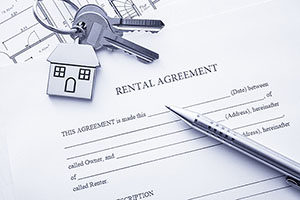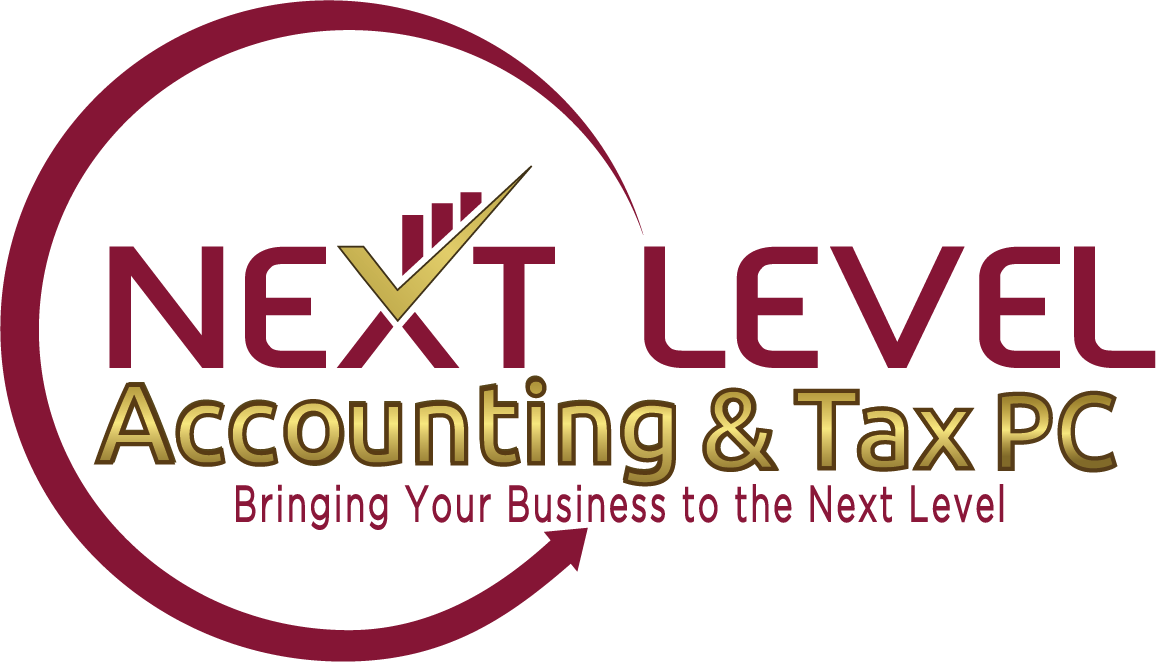Year-End Tax Strategies for Landlords
 Making Rentals Less Complex
Making Rentals Less Complex
Uncertainties with our tax laws are causing many small businesses to take a closer look at their tax strategies. For those in the real estate and rental businesses, income tax returns have always been a bit complex. This year, more than ever, it is essential that you follow sound tax strategies for landlords in order to take advantage of expiring credits and deductions without getting caught in an audit.
Here are few basic tax strategies for landlords that may make end-of-the-year forms and reports easier:
- Understand deductions: As a rental property owner, you are able to deduct nearly all the expenses you’ll pay to manage your property. Everything from the mortgage interest you pay on the loan all the way down to the paper you buy for your printer (if you are using that printer primarily for real estate investing purposes, that is).
- Avoid common mistakes: Small, family-owned companies often make common mistakes in business management, such as mixing personal and business accounts. Keeping finances and expenses separate not only decreases the work come tax time, it also reduces the chance of a mistake or an audit.
- Create easy access to data: Cloud computing offers easy tax strategies for landlords. Technology that was previously available only to large businesses can now be accessed by individuals and small companies. With cloud computing, you can share financial data with professional accountants or access all your records from any location and at any time. Instant access to and organization of records reduces the time your income tax forms take and decreases the likelihood of a mistake.
